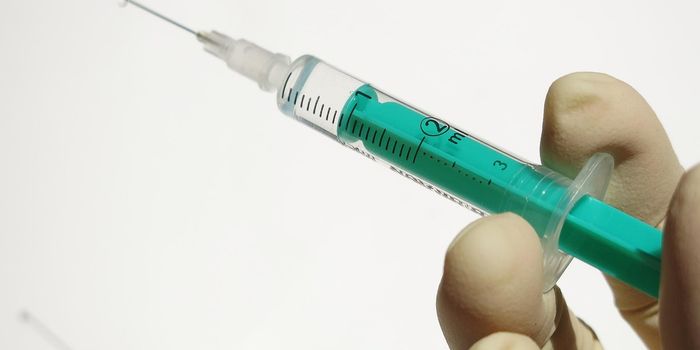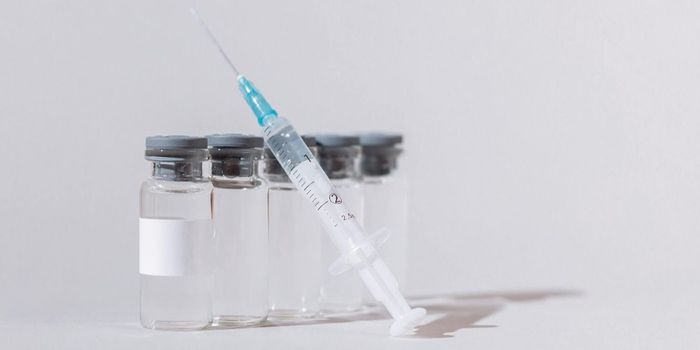Infectious Parasite Manipulates the Immune System to Survive
Toxoplasma gondii suppresses the immune system of the hosts it infects – human or otherwise – just enough to survive, thrive, and move on to more hosts. In a new study, researchers inch a little bit closer to figuring out just how exactly these parasites work as masters of manipulations.
T. gondii is a parasitic protozoa that is likely responsible for chronic infection in up to one-third of the world’s population. However, most healthy people may never know of their infection. Immunosuppressed individuals, like those with autoimmune conditions or the elderly, have more cause for concern when it comes to T. gondii infection, which can lead to brain tissue cysts and behavioral changes. T. gondii infection is linked to many neurological disorders, particularly personality disorders in psychiatric patients. Pregnant women can pass T. gondii along to their infants, or a person can become infected after exposure to undercooked contaminated meat or infected cat feces.
In the recent research article, scientists sought to understand how T. gondii’s pervasiveness developed from avoiding immune attack by the host. Specifically, what mechanisms does T. gondii deploy to survive while keeping the host alive? T. gondii’s “goal” is simple; infect a host deeply enough to live on and infect subsequent hosts, but do so without activating potentially overpowering host immunity protocols and also without killing the host.
It turns out that T. gondii parasites inject host macrophages with a protein that alters the core identity of this immune cell, effectively transforming pro-inflammatory M1 macrophages into anti-inflammatory M2 macrophages. This transformation subsequently reduces the strength of the T cell response, a reaction that would normally be enough to snuff out the T. gondii invasion.
“M1 macrophages induce inflammation, and M2s help clear it up,” explained senior author Christopher A. Hunter. In effect, T. gondii is choosing the lesser of two evils to stay alive and thriving without killing the host by completely wiping out the immune system.
The present study marks the first time research has shown that all T. gondii needs to produce protective M2 macrophages is the protein injection.
"Pharmaceutical companies have been targeting the pathways that create M2 macrophages for a long time because they're very important in wound healing, fibrosis, lung repair, and so on,” Hunter explained. “But here's a parasite that manages to target it perhaps more efficiently than pharma has been able to."
How does T. gondii change the identity of macrophages? By manipulating a family of proteins that play a role in macrophage differentiation into M1 or M2. Essentially, T. gondii inhibits the activity of a protein called STAT1, which is responsible for creating M1 production. T. gondii then instead promotes the activity of STAT3 and STAT6 proteins, which drive the production of M2 macrophages.
Sources: University of Pennsylvania, Journal of Experimental Medicine, Journal of Experimental Biology








